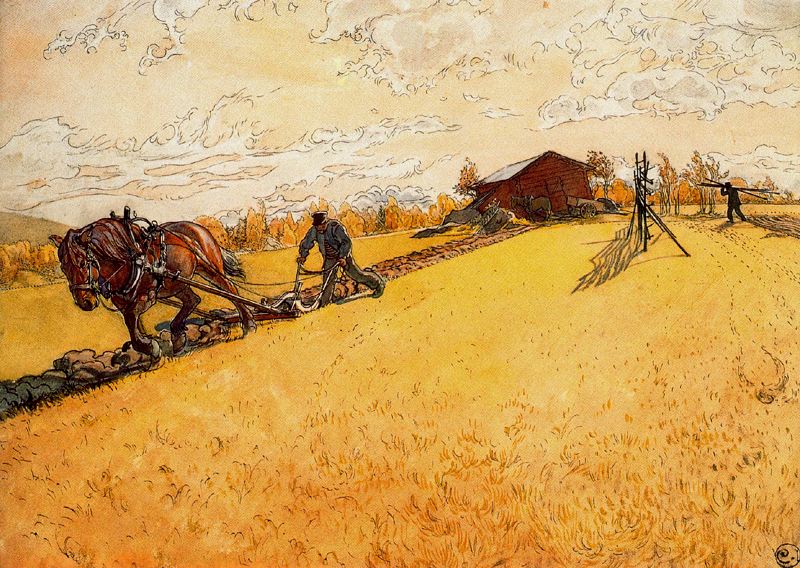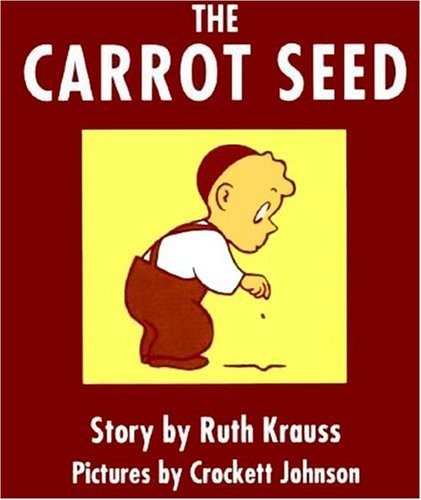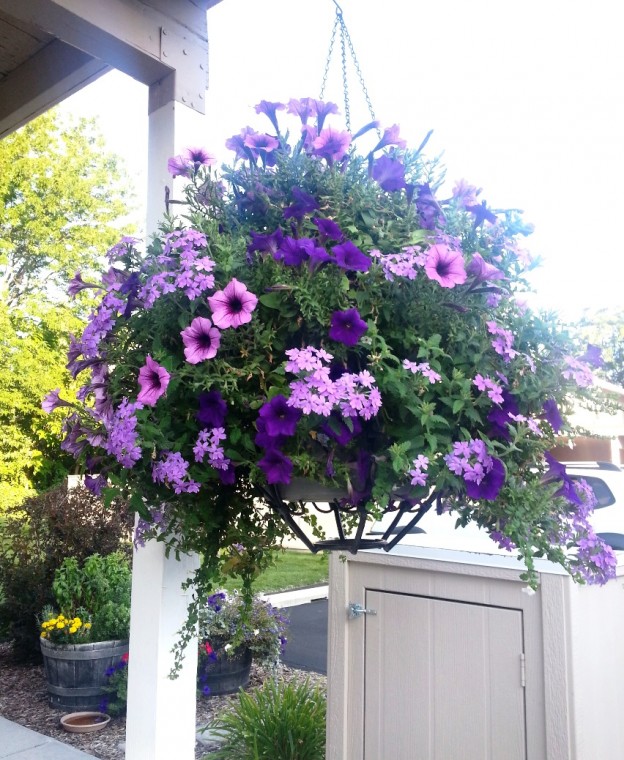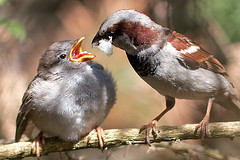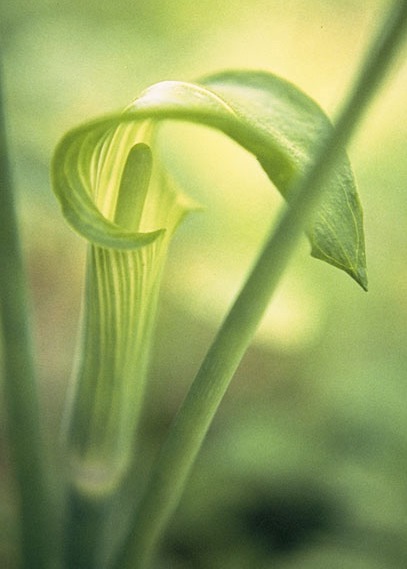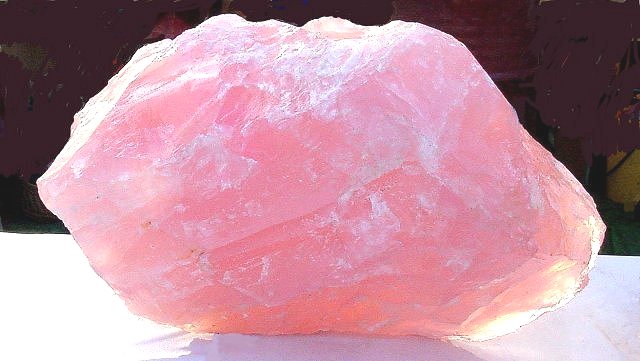I grew up across the street from a huge city swimming pool, so I took a lot of swim lessons. For years, though, I was afraid to spend much time underwater. Treading water for long periods of time was a favorite assignment of my teachers. I frantically paddled hard enough to always keep my head above water, quickly becoming exhausted. Ditto with swimming laps. So I was never completely at home in the water, unlike many of my friends who swam like fish. Was I just a weakling or did they know something I didn’t?
Living in New Hampshire at the foot of Highland Lake, I would swim in the clear, shallow water regularly. It was so peaceful that I let go of my anxiety, spending more and more time gliding through the water with my head and face below the surface. I got lost in limbo between earth, water, and sky, a welcome meditation. Later, several of us would swim after dark in remote Center Pond. I’d picture creatures lurking below the surface waiting to grab me and pull me down to unspeakable depths. But then I’d look up at the stars and the silent pine trees ringing the shore and lose myself again in that magical limbo world.
Finally, when I was teaching my daycare kiddies to swim, a professional swim teacher turned on the final light bulb. We all float and can just fully relax in the water; it’s just that most of us only reach that point when we’re completely underwater! Once we accept that, we can swim for hours if need be. Just try to float lower in the water than your body naturally wants to go – you can’t do it without real effort. The trick is to pair breathing in with a swim stroke that lifts our heads above water, then submerge, find our flotation point, and fully relax while we glide and exhale slowly through our noses.
The glide portion lasts two or three times longer than the stroke. Oddly, until we know better, we focus on the stroke since it’s the action part and necessary for moving forward. But as I mastered this swim style, I also came to appreciate the power of the glide. If I fully relaxed in the water, trusted the power of the previous stroke, and exhaled in a long, controlled breath, I could go on and on. And I found that I never sank very far in the water, no matter how much I relaxed. When I moved into an apartment complex with a large indoor pool, I could swim laps for surprising distances, racking up a half mile, then a mile. It was liberating and exhilarating to overcome those childhood fears and limitations.
I find that relating to my emotional, creative, and spiritual highs and lows is a lot like swimming laps. I appreciate the power of the glide here as well. The rest and reflection that my burned-out body force on me bear great fruit, perhaps as great as my bursts of energy and productivity. I sit in my comfortable chair, watching flocks of birds at my feeder, the “wall of green” beyond my patio undulating in the breeze, and new insights come to me that fuel the next “stroke” or push in life. And I find that the Lord never lets me sink below my spiritual “flotation” point as long as I’m truly reaching for Him.
I recently hit an emotional wall, feeling overly isolated, frustrated, and creatively constrained. But instead of frantically “swimming” against this downward force, I let myself glide through the underwater of my soul, checking out what I was really feeling and why, as well as what my many options for response were. I received insightful advice, solved a persistent sign-in problem on a web forum for like-minded people, and read a Guideposts story about its publisher’s stack of prayer requests that he turns to in odd moments – a good example of how I could serve even in tired moments. Doors started to open in my soul and in my life.
Living from my spiritual and creative “flotation point” has been both empowering and humbling. It’s allowed God into my soul. Next time you find yourself in a pickle, try a long glide under your conscious mind and see what surfaces.
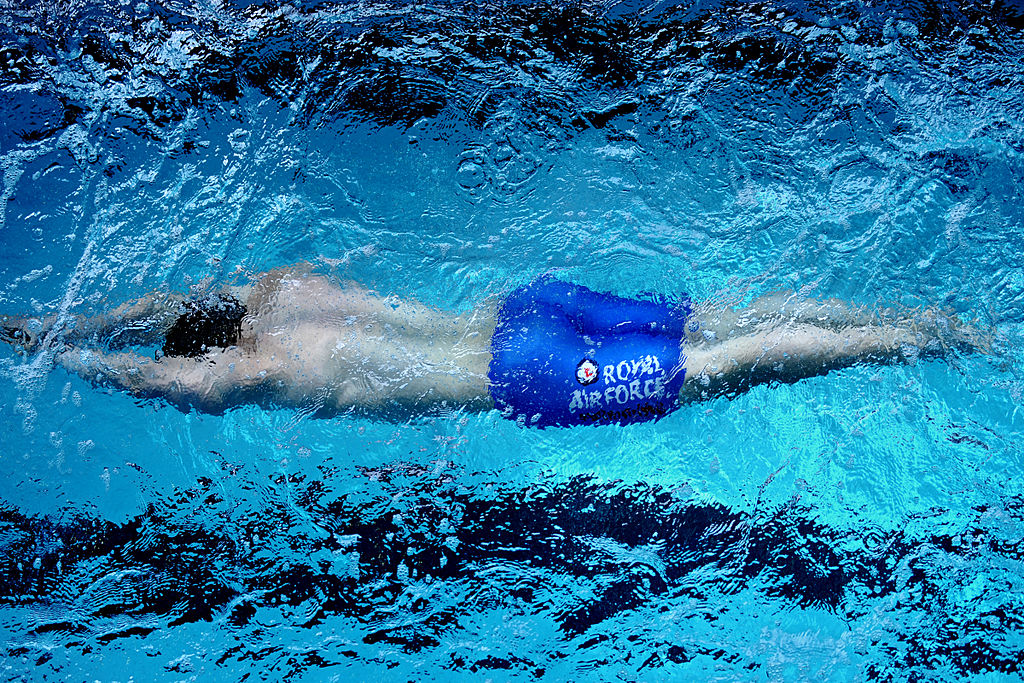
A Long Glide
Courtesy Matt Stevenson.MOD.Wikipedia Commons
